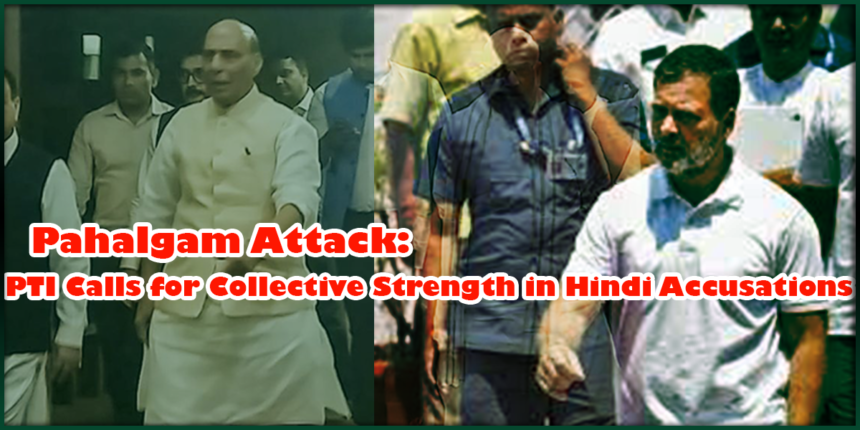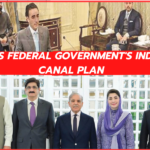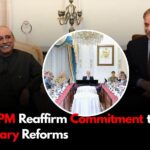The new attack in Kashmir’s Pahalgam has reignited the never-ending conflict between India and Pakistan. New Delhi accused Islamabad of perpetrating the attack. In the midst of the rising accusations, Pakistan Tehreek – e -Insaf (PTI) was quick to call for an urgent All Parties Conference (APC). Their statement is clear: Pakistan has to stand as one before the world.
Shah Mahmood Qureshi claimed, “There is political difference but there has to be consensus on national security”, signifying how Pakistan’s political landscape has reached a stage where one finds it difficult to want to stay united at a time like this. It’s astonishing that this is for the first time in many years that Pakistani leaders have been forced on domestic front.
After the supposed incident, harsh allegation was directed towards Pakistan without even looking to gently argue if there is any kind of evidence supporting such indictment. Every media outlet went ahead repeating how Islamabad is the one to blame for murderous novel sans challenging the rose tinted narrative which saw Pakistan emerge as the sole villain. For many in Pakistan, it comes as no shock. The blunt bias, which overtakes objectivity, is celebrated as pragmatism in the political international relations discourse.
PTI’s call for an APC is not simply for politics. There is a message behind it. When the external danger is extremely high, history demonstrates that a divided nation suffers great consequences. Pakistan has a choice: its leaders can keep squabbling or unite for a greater cause.
PTI also cautioned against aamerical










